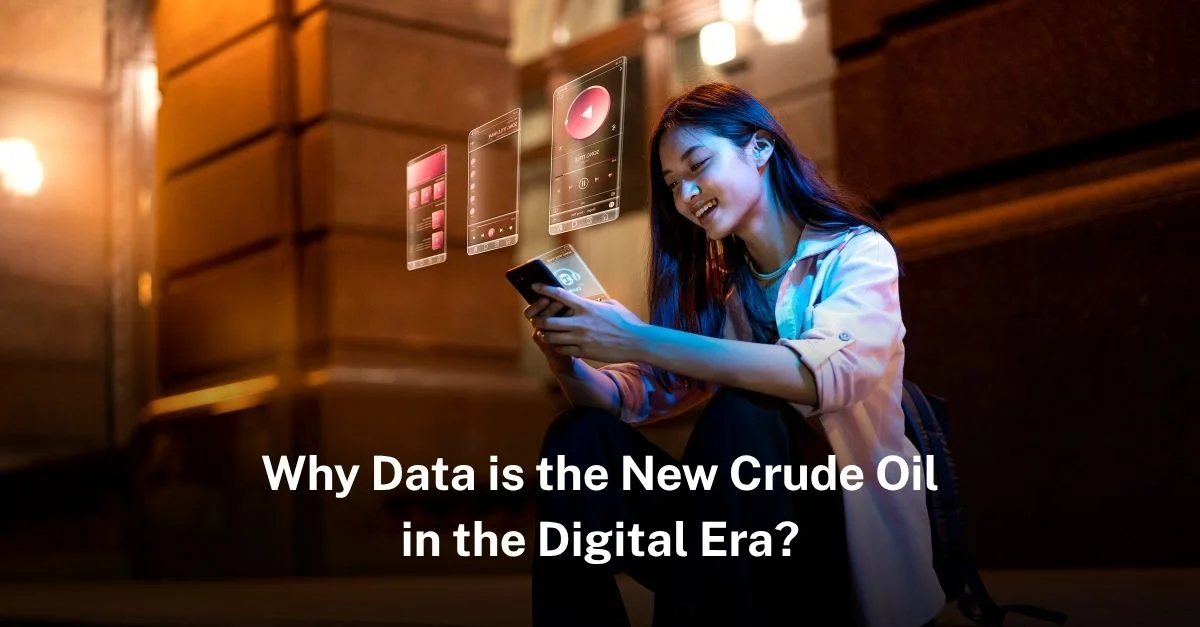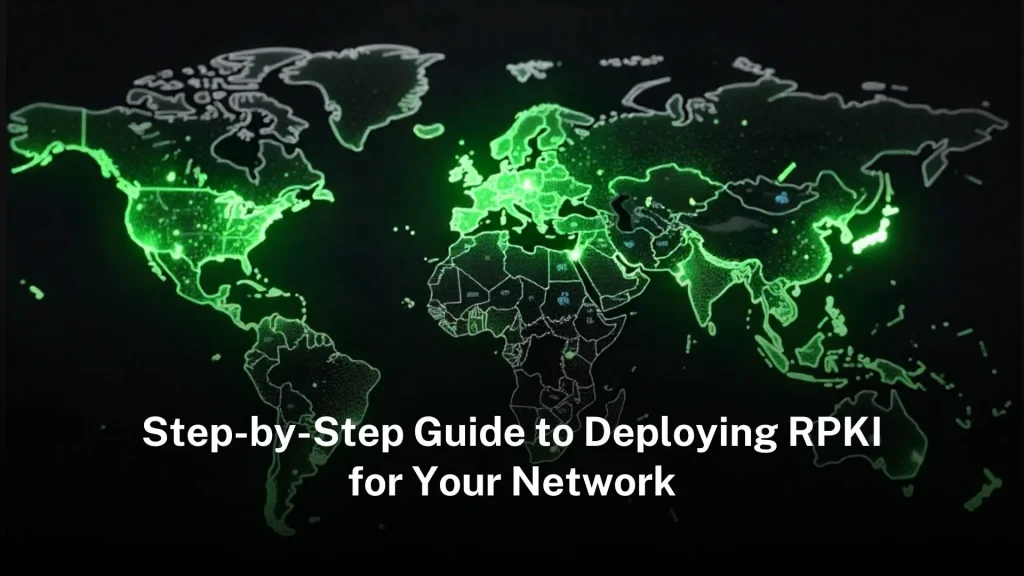Why do people say that data has become an incredibly valuable asset, often compared to crude oil?
Like oil, data must be mined, refined, and distributed to fuel the engines of modern business, technology, and innovation. The phrase “data is the new oil” highlights how crucial data has become as a source of power, wealth, and competitive advantage. Below, we explore why data is so valuable, how it parallels crude oil, and the reasons behind its central role in today’s digital economy.
1. Data Powers the Digital Economy
Data fuels the digital economy just as oil fueled the industrial economy. In the past, economies were powered by industries that relied heavily on fossil fuels, but today, technology is the driving force, and data is the resource powering that force. Businesses can no longer rely solely on traditional methods for insights; they need data to understand market trends, consumer behaviors, and competition. With the right tools and analysis, data helps companies forecast trends, streamline processes, and create new revenue streams, positioning it as a powerful economic driver..
2. Raw Data Needs Refining
Like crude oil, data in its raw form is often unstructured and requires “refining” to become valuable. Data scientists and engineers use various techniques to clean, transform, and interpret raw data, turning it into meaningful insights. Data refinement involves processes like data cleaning, normalization, and analysis. Once refined, data reveals patterns and predictions that can guide decision-making across industries, from predicting consumer needs in retail to optimizing logistics in transportation.
3. Data is Essential for Innovation
Data is the foundation of cutting-edge technologies like artificial intelligence, machine learning, and the Internet of Things (IoT). These technologies rely on vast amounts of data to train algorithms, make decisions, and improve efficiency. Companies that leverage data-driven technologies can build smarter products, automate processes, and deliver personalized customer experiences.
For example, self-driving cars use enormous volumes of data from sensors to interpret surroundings and make driving decisions. In this way, data drives innovation, enabling businesses to push the boundaries of what’s possible.
4. Data’s Value Grows Exponentially
Data has a unique characteristic: it becomes more valuable with use and increases in value as it accumulates. Unlike oil, which is consumed and depleted over time, data can be stored and re-analyzed indefinitely, providing long-term value. The more data a company collects and processes, the better its algorithms and insights become, allowing for more accurate predictions and optimizations. This exponential value growth is why companies are investing heavily in data collection, storage, and analysis infrastructure.
5. Data Breeds Competition and Monopoly
Like oil, data has created new monopolies and intense competition. Leading tech companies like Google, Amazon, Facebook, and Microsoft have amassed vast amounts of data on consumers, markets, and trends. This data dominance gives them a competitive edge, making it difficult for smaller players to compete. These companies leverage data to target ads, predict consumer behavior, and develop products tailored to user preferences, creating a cycle where their access to data fuels their market dominance.
6. Data Enables Precision in Decision-Making
In business, precision is key to reducing risks and maximizing returns. Data allows companies to make accurate decisions based on factual insights. For instance, banks and insurers use data to calculate risks more accurately, retailers use data to optimize stock and pricing, and hospitals use patient data to improve diagnostics and treatment plans. Just as oil-powered machinery and vehicles have predictable outputs, data-powered analytics drive decisions that lead to predictable and favorable outcomes for businesses.
7. Data Fuels the Growth of Entire Ecosystems
Data’s potential stretches beyond individual companies to fuel entire digital ecosystems. Data exchanges and marketplaces enable businesses to trade data as a valuable commodity. Companies also monetize data by selling insights to third parties or creating data-driven services.
For example, the real estate sector uses data to offer predictive pricing, healthcare systems use data-sharing to improve patient outcomes, and cities use data to create smarter, more connected environments. This ecosystem effect ensures data’s role as a fundamental pillar of modern society.
In a nutshell
Data is often called the “new crude oil” for a reason. It fuels economies, drives innovation, empowers decision-making, and creates a competitive edge. Unlike oil, however, data’s value grows rather than depletes with use, positioning it as a limitless resource for companies that know how to harness it.
In the digital era, companies that can refine, analyze, and leverage data will be the ones to thrive. As we continue to generate more data than ever before, those who can extract its insights and act on them will shape the future. Data’s comparison to crude oil underscores the transformative impact it has on businesses, industries, and society.










Leave a Reply